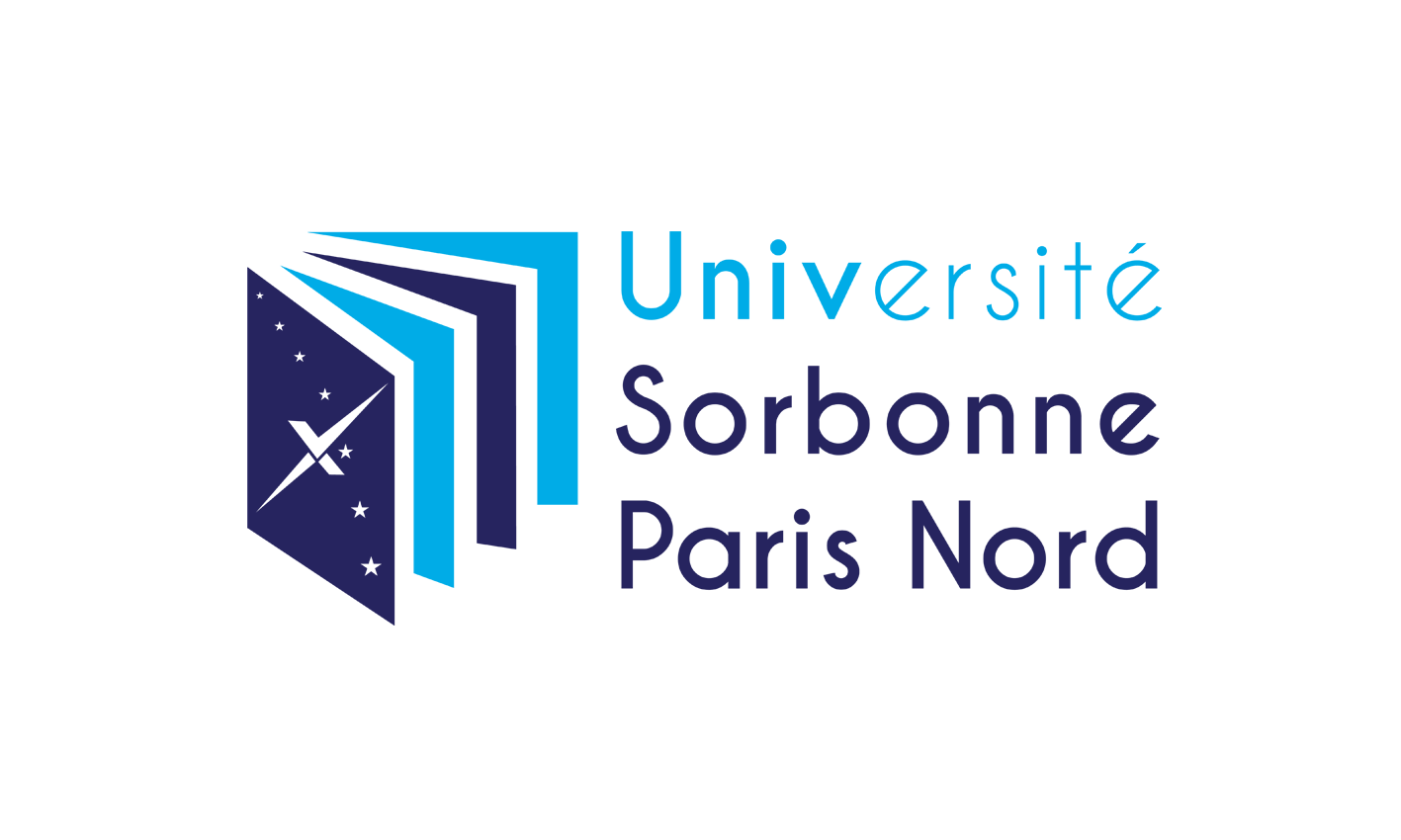Combined study/on-the-job training schemes are characterized by the gradual acquisition of skills at a training center and within a company or institution.
Whether you want to take leave from work to develop your skills or do a company training scheme or an apprenticeship, combined study/on-the-job training schemes offer real opportunities in the working world, including early experience, a real taste of a certain profession, and the development and reinforcement of skills. A combined study/on-the-job training scheme has everything in one.
Every situation have a solution
• You are 26 years old or less or you are unemployed :
> apprenticeship agreement
> company training schemes
• You are 27 years old or more and you are unemployed:
You are an employee and you want your skills yo evolve:
The combined study/on-the-job training schemes of Université Sorbonne Paris Nord can offer the following:
• A university degree
• Professional qualifications
• Remuneration
If you do a combined study/on-the-job training scheme you will have the status of an employee.
Why should you do an apprenticeship?
• You can try out a sector or profession to see if it suits you.
• Your studies at university and your apprenticeship in a real-world context at a company complement one another and supplement your learning.
• You receive guidance from two places of learning: the university, where you have a teacher, and a company, where you have a mentor.
• You obtain a professional qualification while you prepare for your degree.
• Your course will provide you with real-world references that can contribute greatly to finding employment.
The financial benefits
You will receive remuneration while you are studying.
For apprentices:
• Your salary is exempt from tax (up to the limit of the minimum wage).
• The years you spend as an apprentice are counted toward your pension.
• You have access to assistance with accommodation, transportation, and loans.
Learn more about the possibilities of combined study/on-the-job training schemes by clicking here
Step 1: Research various sectors and professions • Choose a sector you would like to work in Step 2: Find out more about the work/study program that suits your needs • The apprenticeship agreement Step 3: Find a course • Consult the forum for work/study programs and attend open days Step 4: Find a company • Make contact as early as possible with companies even though the apprenticeship agreement can only be concluded after you have been admitted to the course Step 5: Contact the training center • Contact the training center as soon as the company has given you its approval to confirm your registration. Step 6: Sign your apprenticeship agreement • There will be one copy available for you to keep Step 7: Finalize your registration with the training center • Your registration with the training center only becomes final when the training center has confirmed the signed agreement Step 8: Undergo a medical examination • The certificate of fitness issued by the occupational health doctor is required to confirm the agreement You can start your contract Moulin de la chaussée, Place Jean Jaurès 94410 SAINT-MAURICE 192 rue Lecourbe 75015 PARIS 43-45 avenue de Clichy 75017 PARIS 80 rue Jules Ferry 93170 BAGNOLET 8 Rue d’Athènes 75019 PARIS 58 Rue du Professeur Gosset 75018 PARIS Paris la défense 8 20bis jardin Boieldieu 92071 LA DEFENSE CCI Paris IDF 27 avenue de Friedland 75382 PARIS 3 rue Pierre Dupont 75010 PARIS “Some advice: there’s no need to be overwhelmed by demands at work and your studies at university. You just have to be organized and proactive.” The value of the training lies in the alliance between teaching researchers and external mentors. The teaching researchers are there to help us analyze the theories that have been established by various sociologists. External mentors, on the other hand, share their professional experience with us. We thus benefit from both approaches. From a professional point of view, this course gave me the opportunity to have two years of experience as an apprentice, my first experience in recruitment and mobility, and additional experience in wage management in two completely different companies. For me personally, this training helped me to develop my analytical skills. “An apprenticeship is a great opportunity” The opportunity to do my two-year Master’s degree in the form of an apprenticeship was a deciding factor in my choice to study at Université Sorbonne Paris Nord. The training and teaching I received during these two years on my course enabled me to develop analytical skills that were highly valued by my employers. They now want to offer me a job after I finish my apprenticeship. A course of study gives you the opportunity to benefit from a multidisciplinary approach to the professions of Communications and Human Resources. The alliance of, on the one hand, the teaching staff, i.e. teaching researchers, and, on the other, external tutors who are HR professionals, gives you a good overview of how a company works, including both theoretical concepts and a pragmatic approach and concrete view of the corporate world. In professional terms, this course gives you tools and a background knowledge about facts and the behaviors of individuals in companies, which enables you to come up with ways things could be improved and to make a valuable contribution in the eyes of your superiors. In personal terms, this apprenticeship course pays you a considerable income. It is an opportunity to obtain a first taste of the professional world and to make your first contact with companies. “For those of you who can’t see the light at the end of the tunnel of your studies, who don’t know if you will be able to get a job, the Communications & HR course at Université Sorbonne Paris Nord is just for you!” • Website of the Ministry of Labour, Employment, Professional Education and Social Dialog www.travail-emploi.gouv.frThe steps involved
• Consult the forums for combined study/on-the-job training programs
• Research the courses available
• Company training schemes
• Leave to pursue combined study/on-the-job training
• Find out the details of the content and schedule
• Find out how to register
• Apply to your chosen institution for provisional registration (subject to the approval of the company involved)
• Allow for the possibility of not finding a company (apply for ordinary registration at the same time, etc.)CFA SUP 2000
01 43 53 68 00; www.cfasup2000.netCFA DIFCAM Banque et Assurances
01 44 37 30 40; www.difcam.comAFAMBRIF (an apprenticeship training center for professions in banking and finance of the Île-de-France region)
01 53 42 63 64; www.banque-apprentissage.comCNA/CEFAG (an apprenticeship training center for professions in visual communications and multimedia)
01 55 82 41 51; www.cfacom.orgCFA SACEF (an apprenticeship training center for apprenticeship scheme created by companies in the Île-de-France region)
01 78 09 88 51; www.cfasacef.frACE CFA
01 49 21 43 40; www.ace-expert.comIFPASS (an apprenticeship training center for professions in insurance)
01 47 76 59 00; www.ifpass.frApprenticeship training center of the CCI of Paris Île-de-France
08 20 01 21 12; www.cci-paris-idf.frCFA CODIS (an apprenticeship training center for Commerce, Distribution, and Service)
01 80 97 45 19; www.cfacodis.comCindy Ntoni Ndo, apprentice pursuing a Master’s in Communications and HR
A more “sociological” corporate approach

A both theoretical and professional approach
Rapid development of skills
Florian Guigny, apprentice pursuing a Master’s in Communications and HR
An unusual course for a career in Human Resources

An apprenticeship is a great opportunity
A multidisciplinary approach that teaches you real-world skills
A highly rewarding type of training
• Portal for combined study/on-the-job training schemes www.alternance.emploi.gouv.fr
• Website of the Île-de-France region www.iledefrance.fr/cfacile
































